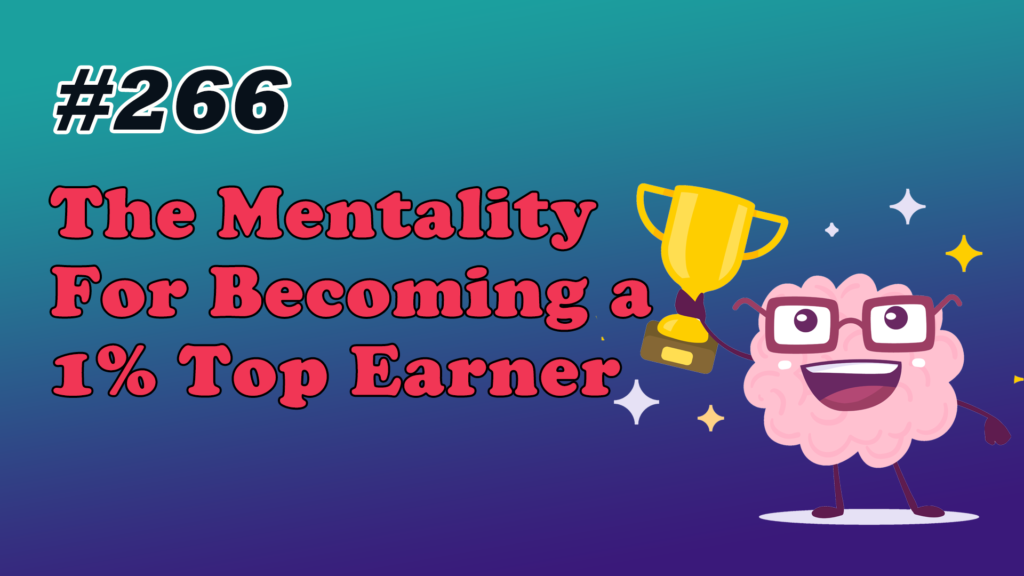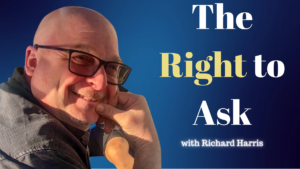
Blog
Notes:
Many sales engineers aspire to transition into sales but must figure out how. They ask, “What must I do to land a sales role? How can I prepare for such a transition? If you are one of these SEs, this episode is for you.
I invited a previous show guest, Doug C. Brown, to answer your questions and more. Listeners will remember him from Episode 169, where we talked about how to handle objections. In today’s episode, we switch our conversation to sales, specifically how to transition from SE to sales.
Doug C. Brown is a sales and business advisor, author, and CEO of Sales Strategies. He joins me on the show to talk about becoming a one percenter in sales.
Key Takeaways:
- How Doug started his entrepreneurial journey as a child
- How to get your kids to see the world differently
- How to put kids into an entrepreneurial mind
- Why it is better to become a master prospector than a master closer
- Some unreasonable expectations among salespeople
- What SEs could do to prepare for a transition into sales
- Different ways to get leads
- How to get leads from referrals
- How to use speaking to generate leads and referrals
- What an “internal referral source” is
- How SEs can exploit their technical mind in transitioning to sales
- The importance of having the right conversations with clients
- A demo conversation you can use in a cold call
- How to write a cold email
- The importance of honesty in sales
- How to nurture your personal and business relationships
- Doug’s new book, The Nonstop One Percenter
- What Doug loves about being a salesperson
- The importance of not being reactive in business and personal life
Quotes:
The master prospector always outsells the master closer. I’ve never seen it not be because they have the ability to choose at that point. So on the lead qualification side of it, if you have so many leads coming in, you can say no. And you can say no a lot easier. — Doug C. Brown
I would say to most people who are selling, you want to be an entrepreneur because you’re in sales, really, because that’s what sales is: an intrapreneurial position, usually within an organization unless we work solely for ourselves, or own the company. — Doug C. Brown
If I was an SE, I would look at how do I build this huge base of referral partnerships that when I leave my SE job and I go into my AE job, I would have referral partners already supplying leads, I also would be prospecting months before I actually made the transition so that I would have things already in the prospecting funnel. I would create leads, I would go out and make relationships, and I would start to build that funnel up months before I took the position. — Doug C. Brown
What I look for was, who is in the industry that serving my client, who doesn’t do what I do, but I can take my service and actually help them sell more services? — Doug C. Brown
The one thing that people must do as an SE who wants to transition into an AES role is to understand the target you’re calling upon first: What are their strengths? What are their weaknesses? What are their fears? What do they value? — Doug C. Brown
I don’t look at rejection as, oh, I got rejected. I look at rejection as, okay, I can’t help this person right now. — Doug C. Brown
If we have personal relationships and we don’t stay in touch with them, those personal relationships tend to wane. Business relationships: the same thing. — Doug C. Brown
Links from the show:
- Connect with Doug C. Brown on LinkedIn
- Reach out directly to Doug via email: doug@ceosalesstrategies.com
- Check out my previous conversation with Doug about handling objections:
- Win-Win Selling: Unlocking Your Power for Profitability by Resolving Objections by Doug C. Brown:
- Inner Voice: Unlock Your Purpose and Passion by Russ Whitney
Million Dollar Consulting: The Professional’s Guide to Growing a Practice by Alan Weiss
If you enjoyed this podcast, please support the show by dropping a review or rating on iTunes – https://podcasts.apple.com/us/podcast/we-sales-engineers-resource-for-sales-engineers-by/id1378292171



